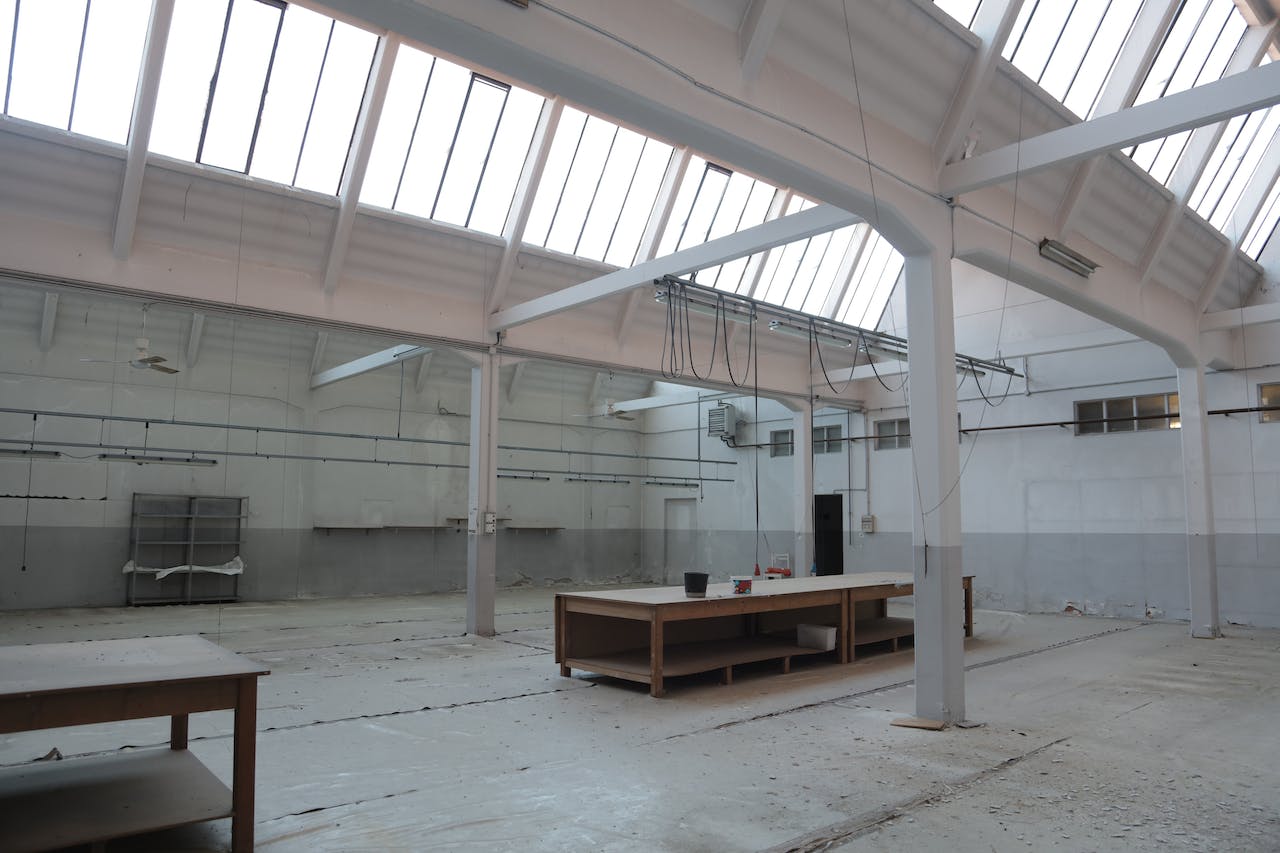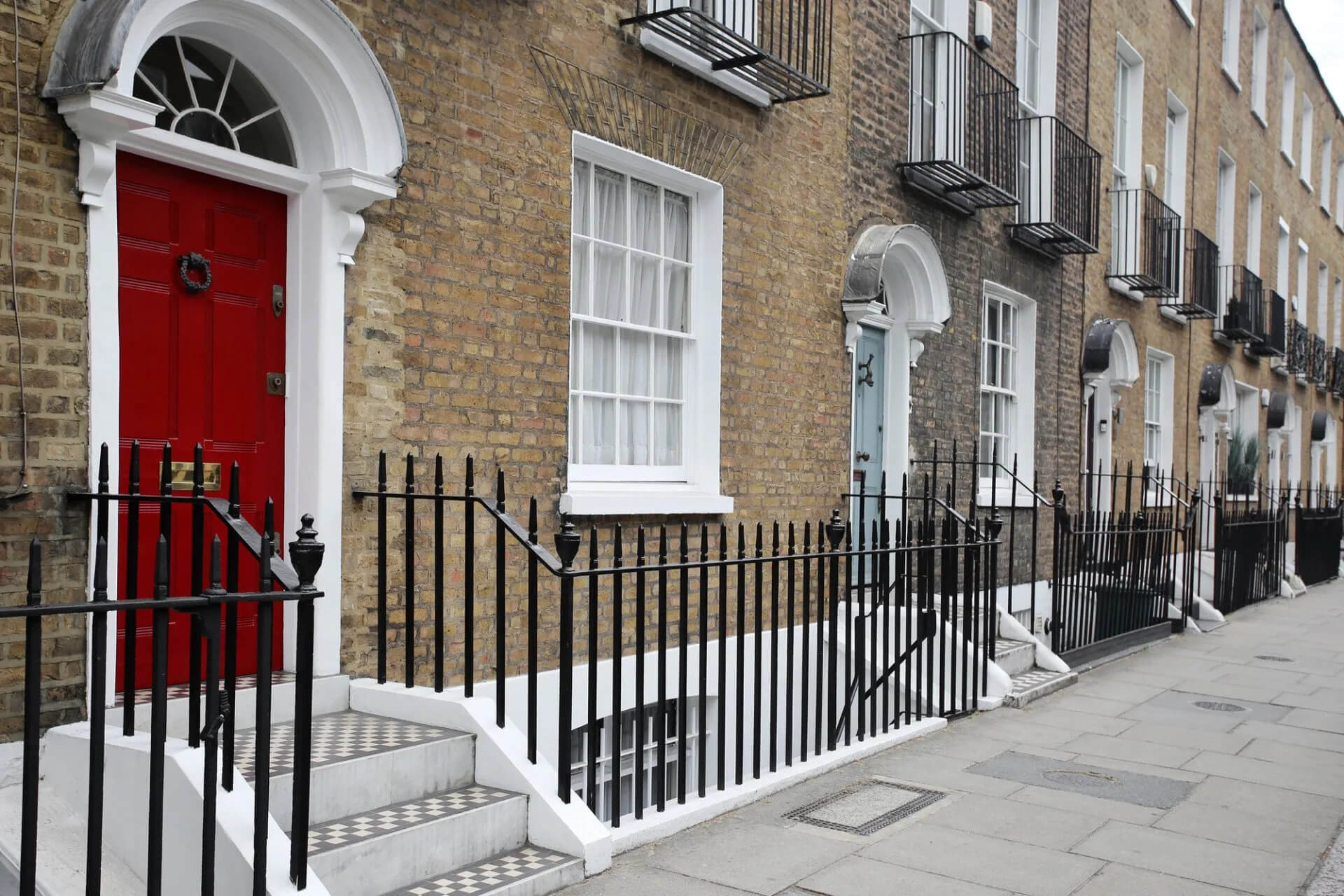Whilst you aren’t required by law to hire a solicitor when selling a commercial property, it’s highly recommended that you do. This will lessen the risk of breaching any laws, possibly save you money in the long run, and protect your interests.
In this blog, we look at the regulations around selling commercial properties, the selling process, and why you should consider using a commercial property solicitor.
Introduction
Commercial property is defined as property which isn't used for domestic dwelling and will usually house a business of some type. Commercial properties include anything from large retail units to restaurants.
AXA offer a good explanation of the differences between commercial and residential properties; commercial properties are for businesses, and residential properties are for people.
There are both pros and cons to investing in a retail property, and one of the downsides may be that when it comes to selling, the process is longer and more complex than selling a house, for example.
However, hiring a commercial property solicitor when you come to sell your investment will help you navigate some of the complexities and challenges much more quickly.
Below, are the key steps for selling a commercial property, including the areas where a solicitor will be able to help you.

Key Steps in Selling A Commercial Property
If you have decided to sell your property, your first step would be to obtain a valuation and consider how and where you will market your property.
Before your property goes live on the market, you should start to prepare for the sale, this includes ensuring you have all the correct documentation and records in place that will be required before a purchase is completed. This includes:
- The title deeds for the property – electronic copies of these are held by the Land Registry, but if your property isn't registered you will need physical copies.
- VAT documents including a VAT certificate.
- Insurance documents such as a policy certificate or renewal notices.
- Lease agreements – if you don't occupy the property yourself you will need to supply all the documents associated with the lease.
- An Energy Performance Certificate (EPC) for the premises (there are certain types of properties exempt from providing an EPC but the majority of commercial buildings require one by law)
- The buyer will require relevant property management information, especially if the premises are large. This may include information such as ground rent, service charges, security, and property repairs or maintenance.
- A buyer will also need any safety documentation or schedules associated with the property, such as risk assessments, fire safety, gas and electric information, and asbestos management where relevant.
With documentation prepared, you will be ready to put your property up for sale. If the property is leased, it’s best practice to communicate with your tenant at this point that you intend to sell the property. If you are selling with vacant possession, you will need to serve notice to your tenant if the lease contains this option.
Once your property is on the market, the time it will take to sell depends on a variety of factors (property condition, current market etc) and how complex the sale is or how long negotiations take. At the stage where you are receiving offers and negotiating, this is where a commercial property solicitor comes in, drawing up what is called a heads of terms or heads of agreement – an agreement in principle that documents what you and the buyer have agreed but is subject to the final sale agreement.

Having a solicitor when selling a commercial property will also help protect your best interests at the stage where a buyer starts to conduct enquiries into the property to uncover any possible issues. Your solicitor will correspond with the buyer's solicitor to provide any documents that are requested or answer any questions. This type of due diligence is important because if the buyer uncovers anything at a later stage which should have been disclosed before the sale, you will be liable.
Finally, with an offer on the table, your solicitor will draw up the final agreements between the buyer and yourself. This usually includes working out terms and conditions, putting a payment schedule in place, and creating a sale agreement. At this stage, there may still be back and forth between yours and the buyer’s solicitor whilst the terms or sales agreement are negotiated or amended.
Responsibilities Of A Solicitor In Commercial Property Sales
A solicitor will take care of a large part of the commercial property sales process for you, and it’s good practice to understand beforehand exactly what parts of the process they will have responsibility for.
Usually, a commercial property solicitor will be responsible for:
- Drafting and reviewing legal documents such as heads of agreement, sale contracts, receipts for fixtures and fittings, assignments of goodwill, terms and conditions, and transfer of ownership papers.
- Conducting due diligence. For example, by verifying the property title, and addressing any other potential legal issues they may come across.
- Facilitating the completion process by handling financial transactions and overseeing the transfer of ownership.
- Answering any questions you may have about the process and advising you on your best options.
- Ensuring the process, and you, are compliant with the law throughout the process and advising you on UK tax regulations surrounding the sale of commercial property (although you are also advised to speak to a tax specialist separately)
Can I Sell A Commercial Property Without A Solicitor?
As demonstrated above, there can be quite a lot of paperwork, negotiation, and due diligence involved in the sale of commercial property. Of course, you can take the DIY route and not use a solicitor, but why would you want to? When doing it alone could leave you open to risk and give you much more work to do!
Using a solicitor also helps ensure delays are minimised or completely avoided. There are many elements of a sale which can cause delay, particularly with commercial property and then there are also unpredictable outcomes such as your buyer having issues with finance at a late stage of the deal, for example. Having a solicitor on your side will give you a much greater chance of navigating any issues with minimum fuss.
Selling Commercial Property Solicitor Costs
There is one aspect of hiring a solicitor we haven’t mentioned yet and that is the cost. As opposed to trying to sell a commercial property on your own, which may cost you nothing, you will have to pay a fee to work with a solicitor.
Costs may be a concern when you have to consider other payments you will likely have to make such as commercial estate agent fees, land registry fees, or the cost of obtaining an EPC if you don’t have one, or the certificate has expired.
However, solicitor fees for selling a commercial property may be offset by the time and money you save in the long run by avoiding issues and falling foul of the law.
Instructing a solicitor to act on your behalf when selling commercial property will mean the process runs as smoothly as possible, there are no surprises, and you meet your property goals sooner.
Choosing A Commercial Property Solicitor
Whether you are buying or selling commercial property, choosing the right solicitor is essential. The first thing to look for is a firm which specialises in commercial property law. This will give you access to someone who has expertise in commercial property law and deals with commercial property daily.
Transparency and good communication are other good factors to look for in a solicitor – look for a company that is upfront and honest. This includes honesty about fees and costs. It is not necessary for a company to be local to you or the property you are selling as an experienced commercial property solicitor will liaise with you to ensure all enquiries are satisfied during property transactions.
Blacks Legal
We hope you found this post helpful and that it gave you a bit of insight into the process of selling a commercial property. If you have any questions about the process, please don’t hesitate to contact us.
If you’re looking for a commercial property solicitor in London, why not reach out to us at Blacks Legal? We specialise in all types of property law, including buying and selling commercial property, property litigation, and lease management.





